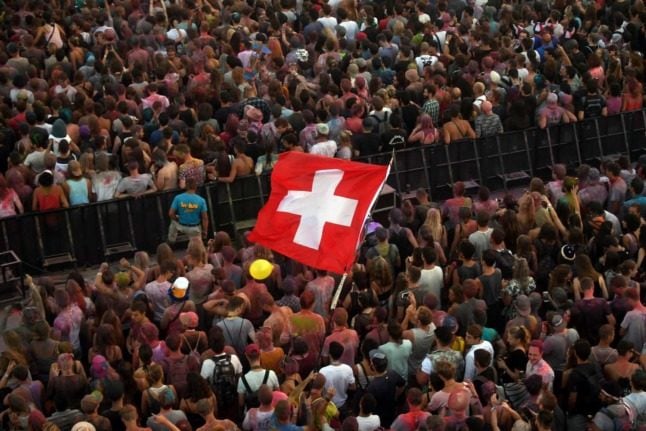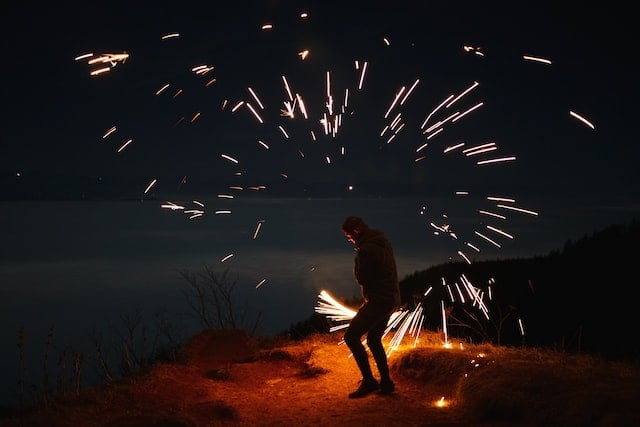Switzerland’s National Day will take place on Sunday, August 1st.
Due to the pandemic however, it is unlikely to look like previous celebrations.
READ MORE: Why Switzerland celebrates its National Day with bonfires and brunch
Events across Switzerland have been downsized. Even the Rütli celebration on the meadow where Switzerland was founded is set to be limited to 600 people, due to pandemic measures.
Some celebrations have however decided not to downsize. In the canton of Zug, authorities have pledged to hold the event as per normal – with one significant change.
Only people who have a valid Covid certificate are allowed to attend the celebration, which is expecting more than 1,000 people.
The Covid certificate must show full vaccination against the virus, recovery or a recent negative test.
On its website, the city confirmed that access is only for those “with a valid Covid-19 certificate”.
READ MORE: Why Switzerland celebrates its national day on August 1st
“Unfortunately, this is currently the only way to hold an event without limiting the number of participants,” Dieter Müller, Head of Communication for the City of Zug, told Swiss news outlet 20 Minutes on Wednesday.
“Under the current conditions, the event would not have been feasible.
“It wouldn’t have been worth holding a celebration anymore.”
Some right-wing commentators have been critical of the decision and plan to protest, saying the decision “tramples on the liberal spirit of Switzerland”.
Müller said he understood people may be against the decision “they are welcome to disagree and find this restriction good or bad”.
What are the rules for celebrations and events?
Of course, everyone is free to celebrate Swiss National Day in the manner that they like with or without a Covid certificate.
However, there are restrictions on larger groups for those without a certificate.
The virus does not take holidays and these rules will not be waived for August 1st.
Events with more than 1,000 people require cantonal approval and must ask all attendees for valid Covid certificates since June 26th.
Events without a Covid certificate can have up to 1,000 people, provided they are all seated.
READ MORE: What will Switzerland’s Covid-19 pass allow you to do?
A maximum of 250 people can celebrate inside without a certificate and a maximum of 500 can do so outside (non seated).
Inside venues can only be filled to two-thirds of capacity.



 Please whitelist us to continue reading.
Please whitelist us to continue reading.
Member comments